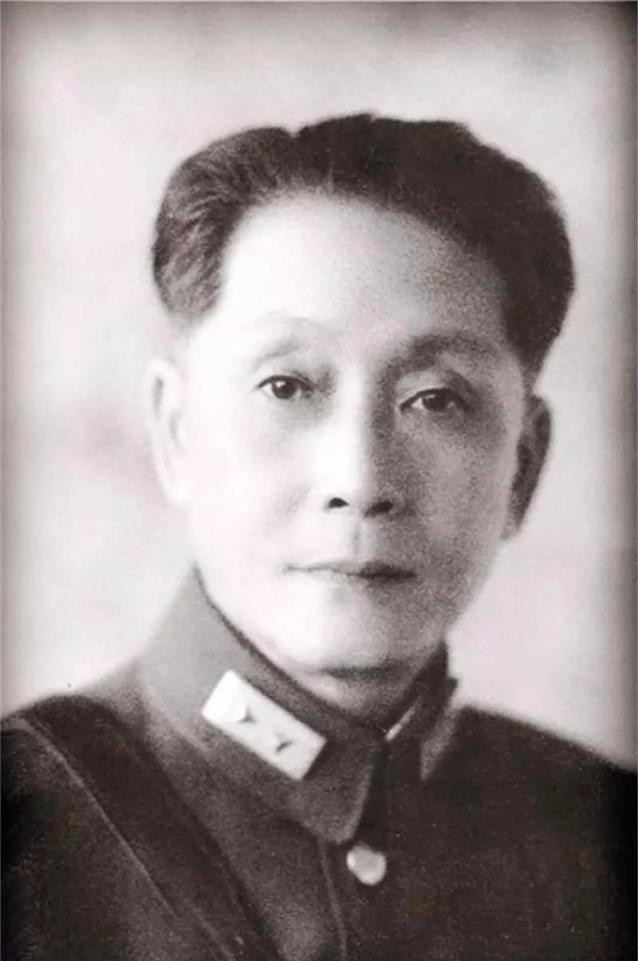The Kuomintang was able to achieve a pivotal position in modern history, and two schools had to be mentioned, one was the Baoding Military Academy and the other was the Whampoa Military Academy. What is amazing is that the principals of the two schools are surnamed Chiang Kai-shek, the principal of the Whampoa Military Academy is Chiang Kai-shek, and the principal of the Baoding Military Academy is named Chiang Baili, although his fame is far less than chiang kai-shek's, but because Chiang Kai-shek also studied at the Baoding Military Academy, Chiang Baili can still be called Chiang Kai-shek's teacher.

Baoding Military Academy is the abbreviation of Baoding Army Officer School, and his creation was exactly 12 years earlier than the Whampoa Military Academy, so most of the outstanding generals who graduated from the Baoding Military Academy became teachers of the Whampoa Military Academy.
The reason why the Baoding Military Academy was able to give birth to countless heroes and heroes was inseparable from its systematic education and strict system of evaluation for further education, and the Baoding Military Academy only taught military theory and actual combat knowledge, not politics, so the outstanding graduates of the Baoding Military Academy were often pure soldiers, such as Xue Yue, who initially rejected the civil war; Fu Zuoyi scorned the struggle within the party, and made the correct decision to abandon the Kuomintang at the important juncture of the Liberation War. In addition, the Baoding Military Academy also trained countless warlords and famous generals who supported the Kuomintang, such as Tang Shengzhi, Wu Peifu, Li Jishen, Bai Chongxi, Chen Cheng, Xiong Shihui, Gu Zhutong, Liu Zhi, Luo Zhuoying, Zhou Zhirou, and so on. It can be said that it was these students cultivated by Jiang Baili who created the glory of the Kuomintang.
Of course, Jiang Baili himself is also a rare talent, during his study in Japan, he studied at the Army Non-Commissioned Officer School, he created a myth when he graduated, as a Chinese, to suppress all Japanese students, with the first place in the comprehensive score, won the Japanese Emperor's reward of the sword.
After leaving Japan, Jiang Baili went to Germany for further study, and after returning to China, he devoted all his talents to managing the Baoding Army Officer School. You must know that at that time, China was under the management of the Beiyang National Government, at this time the military and government were chaotic, and the politics were in turmoil, and it was not easy to build a school that had nothing to do with politics and trained pure soldiers in such an environment, but Jiang Baili did it!
In order to teach a memorable lesson to the students with his own blood, that is, on June 1, 1913, Jiang Baili, as the principal of the Baoding Military Academy, asked the Beiyang Government's War Department for military expenses without success, and the worries about the country in his chest were difficult to eliminate, so he gathered more than 2,000 teachers and students of the whole school and fired a shot in front of their hearts, hoping to warn the students of their anger and strength with their own death. Fortunately, the bullet was deflected, and Jiang Baili was lucky to survive.
In 1937, Jiang Baili published a collection of military treatises, "On National Defense," which contained countless painstaking efforts, not only predicting the japanese army's all-out invasion of China, but also writing the correct strategic thinking of protracted war, movement warfare, and guerrilla warfare against Japan into the book, which also had a far-reaching impact on the operational policy of the entire Kuomintang in the later period.